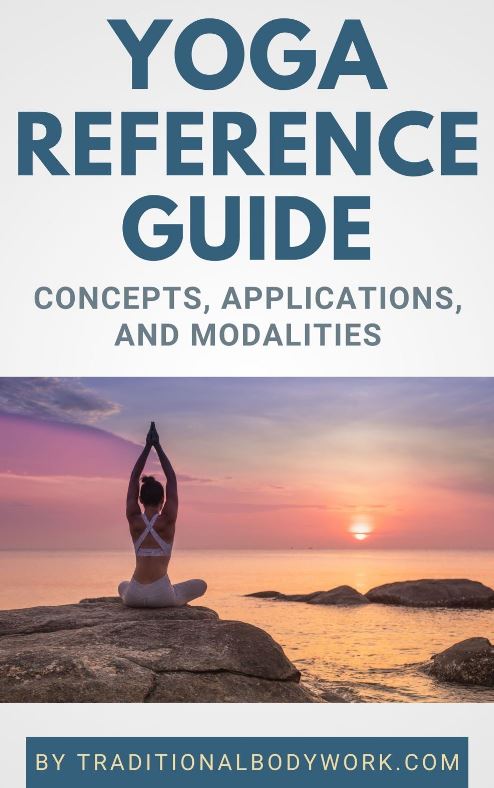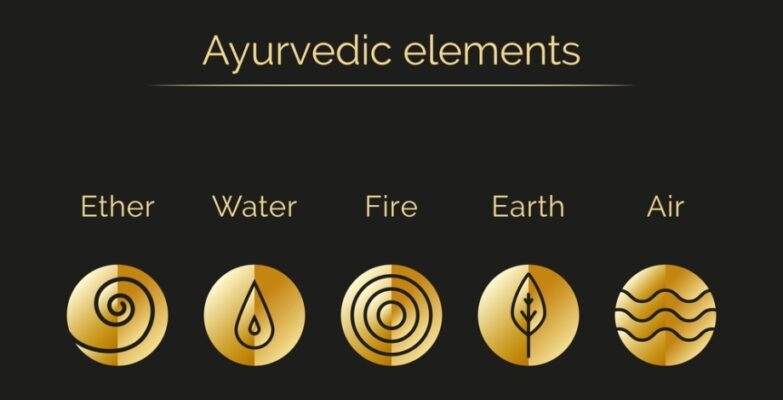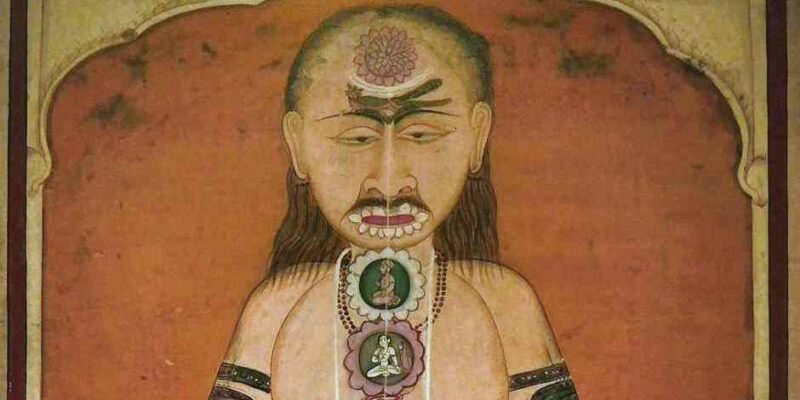
Yoga and Ayurveda are Indian traditional Self-Care and healing systems, often considered “sister sciences,” and both systems aim at achieving a complete, healthy, and holistic lifestyle.

There are many differences in their techniques and approaches to treatments and healing, but also quite some similarities. In fact, Ayurveda and Yoga are based on many identical underlying principles. It’s no surprise that they can be used i.e. applied together, a trend which has seen a significant increase in the past decade.
For instance, both Ayurveda and Yoga work therapeutically with the Nadis (Prana Energy Channels), the Chakras (Prana distribution centers), Marma points (acupoints), Pancha Kosha (five bodies system), the same Five Elements, and Prana (Vital Life Energy).
Nevertheless, there are principles and techniques that only belong to Ayurveda, or by contrast, only to Yoga. For instance, Ayurveda is strongly based on working with and balancing the three Doshas, with nutrition, and with herbal applications, the latter notably applied as oils. Yoga, however, works with Asanas (Yoga poses) and postural alignment, and a range of other techniques, such as Mantras, Mudras, Bandhas, and such, to increase health or to achieve a successful meditation practice.

However, when Yoga and Ayurveda are used i.e. combined together they can complement each other considerably and bring about enhanced health benefits. For instance, Yoga is strong in stretches, and Ayurveda is very apt in massage and acupressure. When we apply these principles together it results in Yoga Massage, an approach with many extra benefits that surpass applying only Yoga or only Ayurveda.
Another interesting integration we find in Dinacharya, the daily Ayurvedic Self-Care routines. Apart from typical Ayurvedic treatments, Dinacharya explicitly includes Yogic techniques, such as meditation, Pranayama, and Yoga postural exercises in its daily practices.
Although perhaps debatable, one could say that practicing Yoga has an explicit ethical, mental and spiritual goal as its final outcome (that is, traditionally in India), and Ayurveda a more day-to-day physical and emotional goal. However, both Ayurveda and Yoga are full-fledged lifestyle systems aimed at one’s overall health and well-being taking into account and working on/with physical, emotional, mental, and spiritual aspects.

















